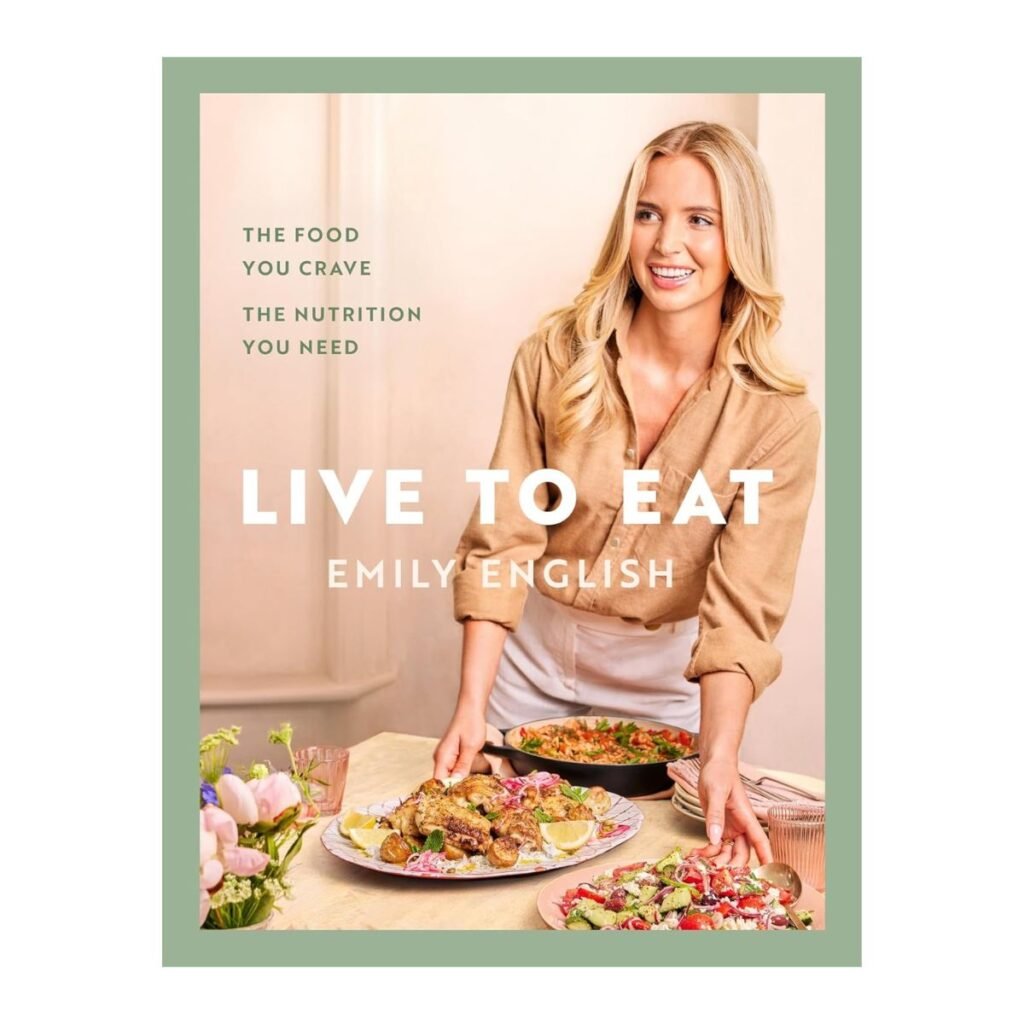It’s a tactic many parents know well: “eat two bites of broccoli, and then you can have dessert”.
It seems like a practical solution for encouraging kids – especially picky eaters – to eat healthy foods. And in the short term, it often works.
But using food as a bargaining chip can do more harm than good.
Why food bribes backfire
Although well-intentioned, bribing children with treats to eat healthy foods can:
Create unhealthy associations
Studies show using discretionary foods such as sweets as rewards increases children’s preference for those foods.
Over time, children start to see dessert as the “prize” and vegetables as the “chore”. This skews their perception of food value and can lead to an unhealthy relationship with eating.
Bribes also link food with achievement or behaviour, which can foster emotional eating patterns later in life.

Disrupt appetite regulation
Children are born with the ability to self-regulate how much they eat, based on internal signals between the gut, brain, and hormones. It’s common for appetite to fluctuate – ravenous one day, uninterested the next – depending on activity, growth and development.
However, food rewards can override these natural cues. When children learn to eat to earn a reward rather than to satisfy hunger, research suggests it can increase the risk of overeating.
Increase fussy eating
Fussy eating is a normal phase in early childhood and typically improves once children start school.
But pressuring children to eat, especially with the promise of a reward, can make them even more resistant to trying new foods. Several studies show food rewards are linked to greater food fussiness over time.
What to do instead: evidence-backed strategies
Instead of resorting to bribes, here are research-informed ways to support healthy eating habits in children:
1. Focus on effort, not outcomes
It can take eight to ten exposures before a child accepts a new food. So keep offering it without pressure.
Praise your child for trying something new, rather than for finishing their plate.
Let them decide whether to eat it – and how much. The goal is to build positive experiences around food.
About the author
Nick Fuller is a Clinical Trials Director in the Department of Endocrinology at RPA Hospital, University of Sydney.
This article is republished from The Conversation under a Creative Commons license. Read the original article.
2. Pair new foods with familiar favourites
Children are more likely to try unfamiliar foods when served alongside ones they already enjoy.
So if your child loves potato chips, try introducing roast carrot “orange chippies” as a variation.
Offering the same food in different formats (such as avocado in sushi one day, on crackers another) also increases acceptance.
3. Make healthy food visually appealing
Studies show kids respond better to food presented in fun and colourful ways. Use different shapes, textures, and colours to make meals more inviting – think fruit skewers, rainbow veggie plates, or “build-your-own” meals.
4. Involve children in the kitchen
Children are more likely to eat food they’ve helped prepare. Even young children can assist with age-appropriate tasks like mixing, measuring, or choosing recipes. Cooking together is not just a learning opportunity, it also builds a sense of ownership and pride.
5. Model the behaviours you want to see
Children learn by watching. Research shows that when parents regularly eat and enjoy healthy foods in front of their kids, these children have better diets than their peers who don’t see their parents enjoy healthy foods.
Try to share meals as a family when possible and model the enjoyment of nutritious foods.
The bottom line
While bribing children to eat healthy food may offer short-term success, it can undermine their ability to self-regulate, distort their relationship with food, and increase fussiness in the long run.
But with patience, consistency and positive role modelling, children learn to enjoy a variety of healthy foods – no bribes required.
Nick Fuller is the author of Healthy Parents, Healthy Kids – Six Steps to Total Family Wellness. His free, practical recipe ideas can be found at feedingfussykids.com.





